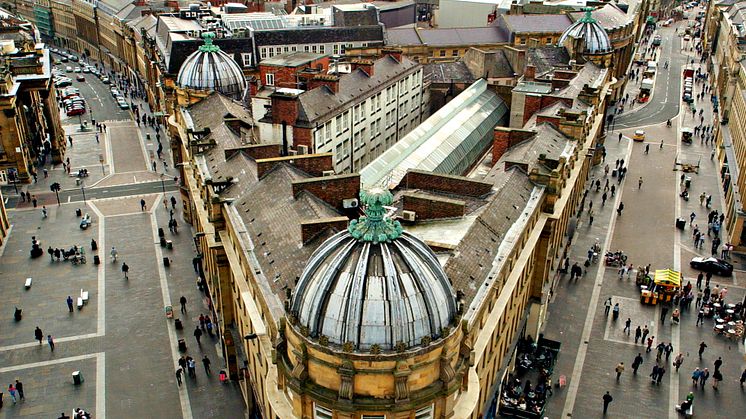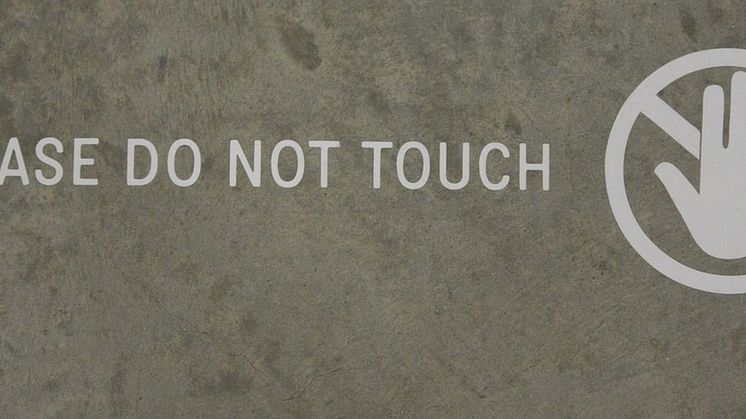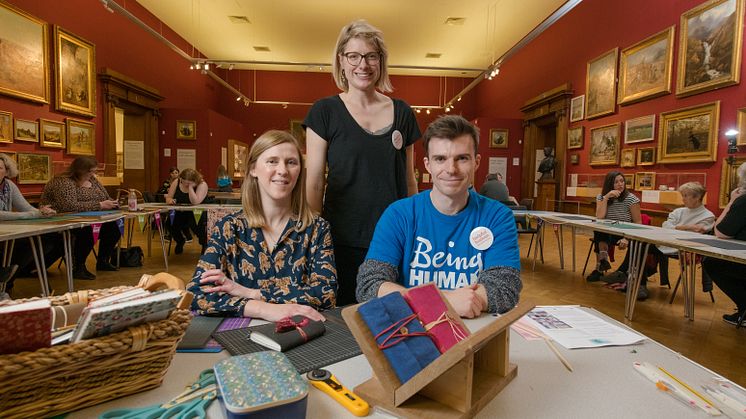
Press release -
Northumbria invites you to explore ideas of citizenship at major UK humanities festival
“This city is what it is because our citizens are what they are”, or so the philosopher Plato once said. But what does it mean to be a citizen? And how have Newcastle’s citizens shaped our city through the ages?
Academics from Northumbria University, Newcastle, will answer these questions and more during Being Human – the UK’s only national festival of the humanities. And, after the success of last year’s festival, Northumbria has been named a regional hub for the North-East.
From the 12-22 November, the University will host a series of free film screenings, public lectures, debates and even a ‘pop-up museum’ at venues across the city. Under the theme of ‘Cities and Citizens’, the events will explore the histories, traditions, cities and people of our region.
One of the highlights from the 11-day programme is the opportunity to learn more about how migration has shaped the North-East – an issue which is as relevant as ever across Europe today. Hosted at the Discovery Museum, there will be a short talk for adults, storytelling for children as well as a ‘pop-up museum’.
The Laing Art Gallery will also open its doors for a ‘Night at the Museum’ - an evening of performance, stalls and vintage fashion. Visitors will be transported back to 18th-century Britain, exploring the period’s dance, fashion and even diseases set against their modern parallels. They will also have the unique chance to tour the 18th and 19th-century galleries after hours.
Interested in a darker side of Newcastle’s history? A public talk on the 17th-century witch trials will give visitors an insight into this lesser-known piece of the city’s past. What’s more, there will be a rare opportunity to view historical material from the Tyne and Wear Archive Museums, as well as burial records from St. Andrew’s Church. For a more recent interpretation of this fascinating period, Tyneside Cinema will host a screening of The Witchfinder General – a controversial horror film which was heavily censored after its release in the 1960s.
This is the second of two events held at Tyneside Cinemawith a screening of Shakespeare’s great tragedy Coriolanus launching the programme on November 12. Fans of the Bard can also join in a special taster of the established monthly Shakespeare Club as they discuss relevant passages about the conflicts and challenges of city life in the plays
There will also be a number of public lectures on subjects as varied as Newcastle’s linguistic diversity, Tyneside’s radical past and the English Civil War as well as a chance to see the annual showcase of cutting-edge creative writing from current Northumbria postgraduate students and staff. An organised walking tour through Newcastle’s past will give further compelling insights into the city’s rich history.
Dr Joe Hardwick, Senior Lecturer in Modern British History, said: “Northumbria University is excited to be a regional hub for Being Human. The festival provides an excellent opportunity for our researchers to build on their continued work with public audiences and local cultural partners. Ideas about citizenship have been at the centre of political debate in this election year, and our events will encourage public debate around relevant contemporary issues like migration, democracy and justice. It’s also a great chance for the local community to see the relevance and benefits of the academic research taking place in the region.”
Northumbria’s Being Human events have been supported by a grant from national festival organisers, the School of Advanced Study, University of London, supported by the Arts & Humanities Research Council and the British Academy.
Click here for full event listings and to book your tickets.
Topics
Categories
Northumbria is a research-rich, business-focused, professional university with a global reputation for academic excellence. To find out more about our courses go to www.northumbria.ac.uk
If you have a media enquiry please contact our Media and Communications team at media.communications@northumbria.ac.uk or call 0191 227 4571.









